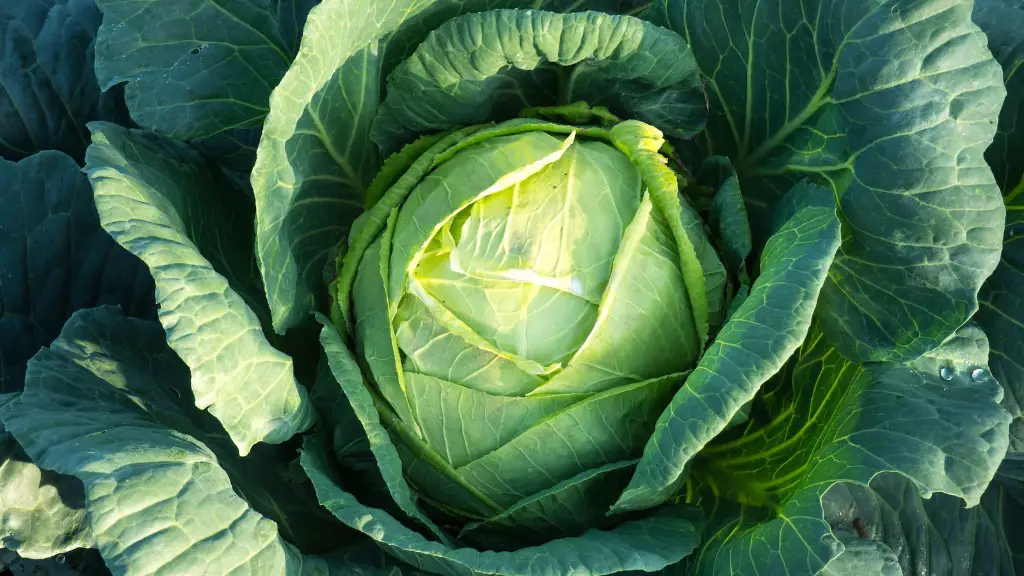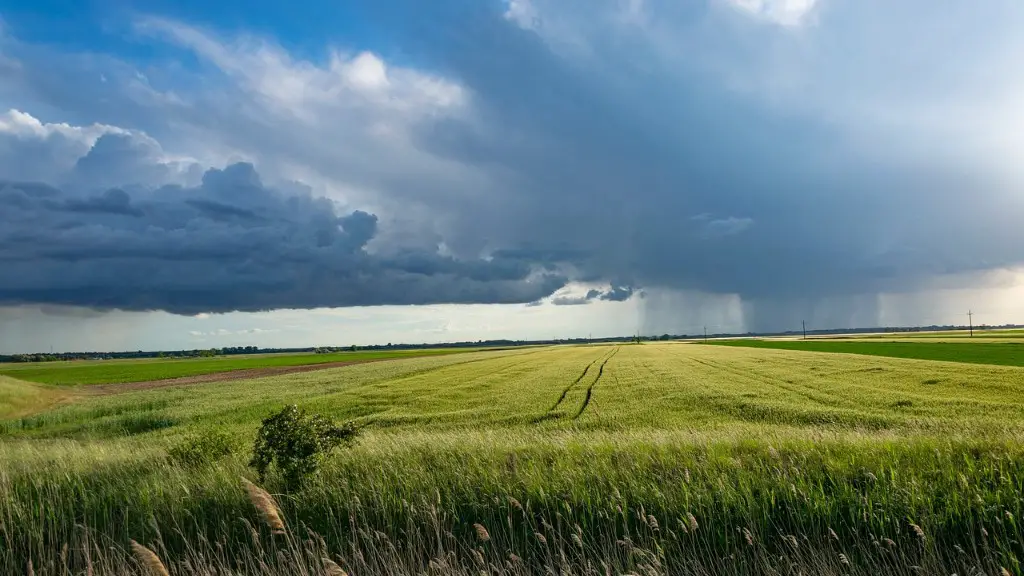Agriculture is a vital component of the global economy, providing essential goods and services to billions of people across the globe. The general goal of agriculture is to produce food, fuel, and fiber from the natural resources of the land. This involves choosing and managing land and resources, managing crops, livestock and other animals, as well as managing labor and knowledge. Each of these goals requires complex decision-making and investment.
Agriculture is instrumental in cultivating food security, both locally and globally. Food security is the ability of a society to produce adequate and safe food, as well as access it. This requires looking at policies and institutions related to the production of food, such as land ownership, technology, inputs, infrastructure and markets. Agriculture also focuses on preserving and developing genetic diversity, as well as conserving natural resources.
Agriculture is also responsible for providing employment opportunities to people living in rural and remote areas. This is a crucial social goal, as it ensures that rural populations can access a safe and sufficient livelihood and can escape from extreme poverty. Moreover, programs such as Cooperatives, Rural Extension and Farmer-Field Schools are key for increasing agricultural productivity, knowledge and skills.
Beyond economic aims, agriculture is at the center of the development of a nation’s culture. This includes preserving the identities of different regions and celebrating their past heritage. Furthermore, it requires promoting cultural growth and recognizing differences between different ethnicities and religions.
The goal of sustainable agriculture is to maintain a balance between people and nature. This involves being conscious of the environment, utilizing natural resources and production methods that enhance a farm’s productivity in the long term, as well as conserving soils, water and ecosystems. Ecological farming is an example of sustainable agriculture.
Lastly, it is important to consider the goals of food quality and safety. This means providing consumers with safe and healthy foods. In other words, ensuring the production, sale and consumption of food products that comply with national and international regulations, which are monitored by agencies at all levels of the supply chain.
Challenges of Agricultural Goals
There are numerous challenges that need to be addressed with respect to agricultural goals. For example, the shrinking of farmlands and natural resources due to rapid urbanization and commercialization of agricultural lands are impacting food production negatively. Additionally, climate change has caused a drastic reduction in water availability, which is a critical factor affecting agricultural production. Moreover, advances in food processing and distribution technologies result in an overabundance of unhealthy processed food.
Benefits of Agricultural Goals
Meeting the goals of agriculture presents many opportunities and benefits. By strategically managing land and resources, people can achieve greater yield by reducing impacts to natural resources. Sustainable farming practices can help improve soil fertility and water conservation while increasing crop production. Food security can be improved by better access to education, technology and inputs. Agricultural products are a valuable source of income for individuals and communities, helping to reduce poverty and hunger. Additionally, increased local production boosts economic activity, creating jobs and reducing reliance on imports.
Role of Technology
Technology plays an important role in achieving the goals of agriculture, as technological advances can help reduce agricultural losses and increase production efficiency. Examples include precision agricultural technologies, communication technologies and alternative energy sources. Genomic technologies enable scientists to develop more resilient and disease-resistant crops, which are key for improving food security for vulnerable populations. Additionally, information technology can help reduce human labor costs, which is an overarching goal of agricultural policy in many countries.
The Future of Agriculture
The industry is constantly evolving and transforming in order to meet the goals of agriculture, including food security and environmental sustainability. New technologies are being developed to improve crop yield and reduce losses, while new agricultural programs are being designed to support vulnerable populations in rural areas, such as women and smallholder farmers. Furthermore, the emergence of the Internet of Things (IoT) is allowing farmers to better track and monitor their crops, providing data-driven insights that can help increase efficiency and reduce waste.
Policy and Regulations
Policy and regulations are essential in setting standards for the production of food, maintaining global food trade and preventing diseases. Establishing regulations for the use of chemicals and utilizing global initiatives, such as the FAO’s International Code of Conduct for Responsible Fisheries, help promote good practices for the protection of the environment and the safety of the products. Additionally, policies promote access to education, technology and inputs for smallholder farmers, which is a key step in ending poverty and hunger in disadvantaged communities.


